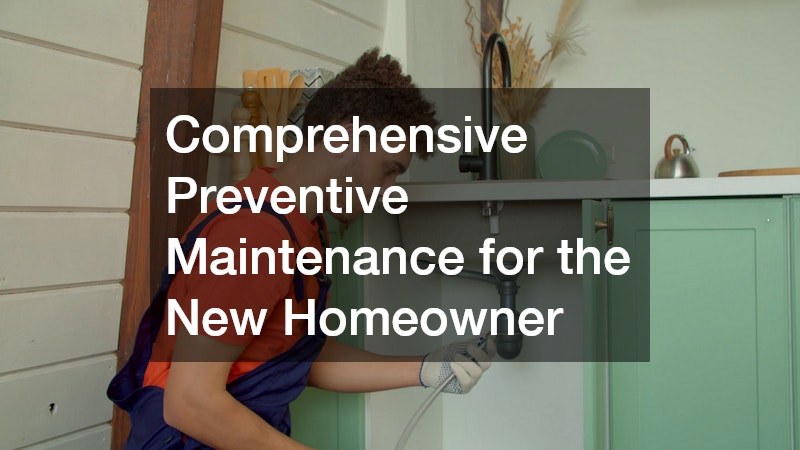Understanding when and why to call for professional HVAC services can make a significant difference in maintaining your home’s comfort and efficiency. This guide explores key considerations and actionable steps to take when seeking the expertise of HVAC professionals.
When Should You Call for Professional HVAC Services?
Understanding Common Warning Signs
Unusual noises like rattling or whistling coming from your HVAC system can indicate underlying issues that need attention. Ignoring these warning signs can lead to more significant problems and increased repair costs over time.
Experiencing no airflow or weak airflow may point to blockages or failures within the system that should be addressed by a professional. Ensuring the system operates smoothly is crucial to maintaining consistent indoor temperatures.
Inconsistencies in temperature across different rooms might suggest inefficient operation or a failing thermostat. Professional assessment can pinpoint the cause and restore balanced heating or cooling throughout the home.
Regular Maintenance vs. Emergency Services
Routine maintenance involves scheduled inspections and cleaning to ensure your HVAC system is running efficiently. Regular check-ups can prevent potential failures and extend the lifespan of the unit.
Emergency services, on the other hand, are necessary for situations where the system has completely stopped working or presents hazards like leaks. It’s vital to discern between these needs to avoid unnecessary emergency costs.
An effective strategy is to schedule routine maintenance annually, while also being prepared to act swiftly if emergencies arise. Being proactive in both cases ensures uninterrupted home comfort.
How to Choose the Right HVAC Professional?
Qualities of a Reliable HVAC Technician
When selecting an HVAC technician, look for certifications like NATE (North American Technician Excellence) to ensure high standards of service. Experience in the field also plays a critical role in assessing skilled professionals.
Customer reviews offer valuable insights into a technician’s reliability and quality of service. Prioritizing feedback from verified past clients can guide you to the most reputable professionals.
Moreover, technicians who provide clear communication and guarantees on their services stand out as trustworthy candidates. These qualities help build confidence in their ability to manage HVAC issues effectively.
Comparing Quotes and Service Offers
Obtaining multiple quotes from different HVAC companies can help identify reasonable pricing and service offerings. Remember to compare not only costs but the scope of work included in each package.
Consider service warranties and assurances when evaluating offers, as they add value and security to your investment. A detailed assessment helps avoid unexpected expenses later on.
Understanding exactly what each service package entails supports more informed decisions, ensuring you receive the best value for money. Scrutinizing terms and conditions also prevents dissatisfaction.
What Costs Can You Expect for HVAC Services?
Factors Influencing HVAC Service Pricing
The complexity of the HVAC repair or installation is a primary factor affecting service pricing. More intricate issues requiring specialized skills or equipment typically command higher fees.
Labor costs also vary based on location and the expertise of the technician, influencing the overall service cost. Additionally, the quality and availability of replacement parts play into pricing variations.
Seasonal demand can further impact pricing, with peak seasons often seeing higher rates due to heightened urgency. Insight into these factors aids in planning and budgeting for HVAC expenses.
Budgeting for HVAC Services
Setting aside funds regularly for HVAC maintenance and unexpected repairs can alleviate financial strain. Allocating a portion of the household budget to HVAC upkeep supports consistent care and management.
Predicting and preparing for costs associated with aging equipment allows for smoother financial planning. It’s wise to anticipate shifts in expense as equipment nears the end of its operational life.
An effective approach to budgeting involves researching typical costs and possible rebates or incentives for energy-efficient upgrades. This foresight aids in economic decision-making.
How Can You Extend the Life of Your HVAC System?
Routine Maintenance Tips
Regularly replacing air filters every 1-3 months can prevent dust buildup and maintain airflow efficiency. This simple task protects the system from unnecessary strain.
Ensuring outdoor units are free from debris like leaves or dirt is another maintenance step. Clear surroundings allow the system to function without obstructions, preserving its efficiency.
Scheduling annual professional check-ups allows for comprehensive inspections and timely adjustments if needed. Investing in periodic maintenance optimizes performance and prolongs equipment life.
Understanding System Efficiency and Upgrades
Upgrading to a more energy-efficient HVAC system can result in substantial cost savings. Modern systems are designed to utilize less energy while providing superior performance.
Recognizing the long-term benefits of enhancements, like programmable thermostats, assists in making informed decisions. These upgrades support energy conservation efforts and comfortable home environments.
Assessing current energy consumption and identifying areas for improvement align with efforts to modernize home systems. Exploring available incentives for energy-efficient upgrades informs strategic advancements.
What Are the Latest Trends in HVAC Technology?
Smart HVAC Systems
Smart HVAC systems offer advanced features like remote control through smartphone apps, ensuring convenience and flexibility. These systems can alert homeowners to potential issues early on.
Energy-saving settings, characteristic of smart systems, help in managing utility costs effectively. By optimizing performance according to user preference, they enable personalized comfort.
Integration with smart home technologies, such as Amazon Alexa or Google Home, further enhances ease of use. This comprehensive connectivity exemplifies the added value of adopting smart HVAC systems.
Eco-Friendly HVAC Solutions
Eco-friendly HVAC solutions prioritize sustainable practices and materials, contributing to greener environments. These innovations often result in reduced carbon footprints and lower energy consumption.
Geothermal heating and cooling systems epitomize energy efficiency by utilizing the earth’s natural thermal properties. Such systems can significantly cut down on energy costs in the long run.
Solar-assisted HVAC systems are also gaining traction, employing renewable energy sources to power heating and cooling processes. Embracing these technologies supports both environmental and economic benefits.




